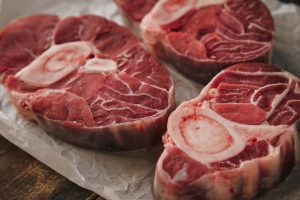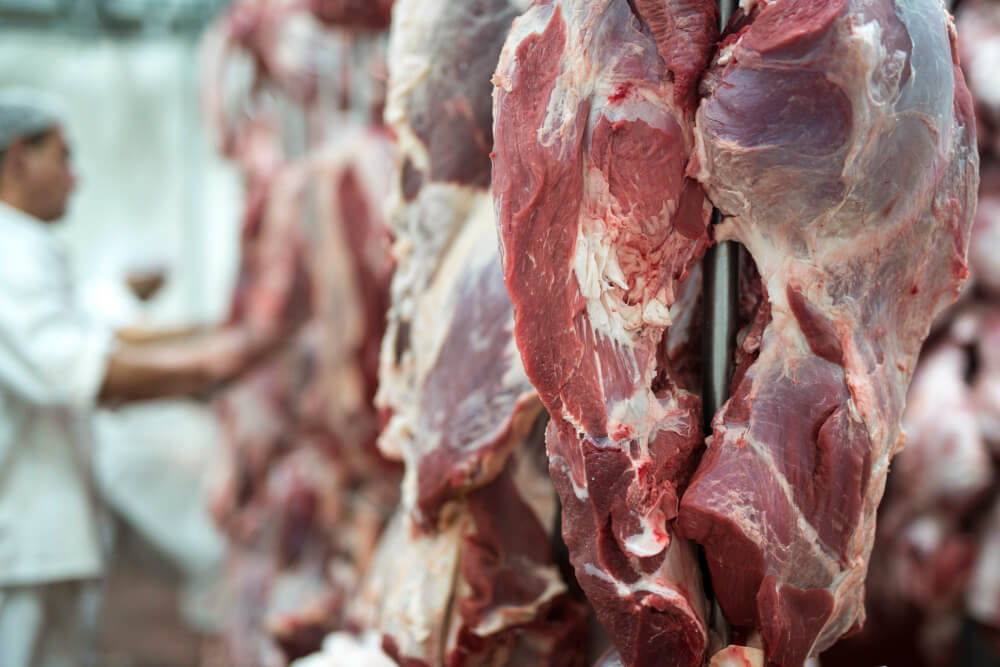How To Start A Successful Butchery Business In Kenya
Butchery is a business that involves the sale of meat. It can be done in many forms, from a small butcher shop to a large-scale operation. In Kenya, there are many butchers who sell their products at local markets and also online. If you intent to start this business, then this article will guide you on how to start a successful butchery business in Kenya.
There are six major steps that you should follow when starting a butchery business in Kenya that we shall look at. Here they are:
Step 1: Identify the Equipment You Will Need To Start A Butchery Business
Step 2: Identify the location you intent to start your business
Step 3: Come up with the budget estimates for your business
Step 4: Establish your supplier
Step 5: Get the necessary licenses and permits
Step 6: Determine the pricing of your meat
How To Start A Successful Butchery Business In Kenya
In Kenya, butchery is considered one of the most important businesses because it provides employment opportunities for many people in the country. Butchers are also trained to provide quality services to their customers since they know how to cut meat into different shapes and sizes.
Many people prefer buying meat from butchers than supermarkets because it is fresh and tastes better than what they can get at supermarkets. Moreover, butchers are cheaper than supermarkets and they offer affordable prices for their products.
Equipment You Will Need To Start A Butchery Business
The equipment you need to start a butchery business will depend on the type of products you intend to sell. If you plan on selling only beef, pork and chicken meat then you will not need any fancy tools. However, if you want to expand your business by selling other types of meat such as lamb or goat then additional equipment is required. The following are some of the basic tools needed for starting a butchery business:
Meat saw: You can use this tool to cut through bones and connective tissue in order to separate different cuts of meat from each other. Meat saws are available in different sizes, so make sure you choose the one that is suitable for your business. They are typically made from large wooden blocks.
Chopping Board: This is a must-have tool for any butcher shop. A chopping board can help you cut meat more efficiently and safely into small pieces.
Meat Hook: This is another important tool that helps butchers hang carcasses and pieces of meat from the ceiling or hooks in their shops. Meat hooks are available in different sizes so make sure you choose one that suits your purpose.
Weighing Scale: This is a tool that will help you determine the weight of your products and make sure that they are priced correctly. A weighing scale can be used to weigh different cuts of meat as well as other ingredients such as spices, vegetables, etc.
Cooling Equipment: Cooling equipment is a must-have if you want to sell fresh meat. It is important that the meat is kept at a temperature that will prevent it from spoiling. You can use cooling equipment like refrigerators, freezers or even ice baths to keep your products cool until they are sold.
Visible Counter: Visible Counter allow your customers to see what you have available for sale. It is important to have a visible counter so people can see the variety of products that you offer. If you don’t have one, customers may think that the products are limited and avoid buying from you.
Knives: Knives are one of the most important tools to have in a butcher shop. To cut meat and other ingredients, you will need at least one good sharp knife. It is important to keep your knives clean and dry so that they don’t rust or get damaged.
White Coat: A white coat is a good way to show that you are a professional butcher. It can also help you keep your clothes clean while working. Apron: An apron is another type of clothing that is essential in a butcher shop. It protects your clothes from getting stained with blood and other ingredients while cutting meat or vegetables.
Wrapping Material: Wrapping material is an item that you will need to wrap the meat after cutting it. The wrapping material can be plastic paper or even old newspapers. It depends on what type of butcher shop you are running and what type of customers you have.
Cleaning Material: Cleaning material is another essential item that you need to have in a butcher shop. It will help you clean the meat and other items that get stained with blood or other ingredients during cutting. You can use soap, water and other cleaning materials to keep your butcher shop clean.

Location of the Butchery Business
It is important to consider the location of your butchery business. It should be located in a place where there is a high concentration of people who are likely to buy meat products. The location can also be near residential areas to ensure that you have a steady supply of customers.
The location should be easily accessible by customers who can get there on foot or by public transport. If you are starting your butchery business from home, then you should make sure that it is close to major roads so that customers can easily find it.
The location should also be free from noise and air pollution and other distractions so that your customers can focus on their shopping experience without any distractions.
How Much Will You Need To Start A Butchery Business In Kenya?
The first thing to consider is your startup costs. This includes fees for licenses and permits, as well as equipment and supplies. You’ll also need to factor in the cost of the stock, which will vary depending on what kind of meat you plan to sell.
If you have all that squared away, it’s time to think about operating costs including labor, utilities, and rent payments. You’ll also have to estimate how much you’ll spend on advertising and promotion each month if you are planning to do so, as well as how much profit margin you want from each sale.
I went ahead and talked to various butchers concerning their initial capital. I talked to both small butchers as well as big butchers. on average for a small butcher shop you will need between Ksh.150,000 to Ksh,200,000 . On the other hand, you will need anything between Ksh.400,000 to Ksh 1 Million for a large scale butchery business as the initial capital.
Establish Your Supplier
The first step to starting a business is to establish your supplier. A butcher needs to make sure that he or she has a good stock of meat available at all times. In Kenya, the best place to get meat is from the slaughter house. This is where the slaughtering happens and where you will find the best quality meat. Alternatively there are various meet suppliers you can partner with who will ensure steady supply of meat to your butcher.
Get The Necessary Licenses And Permits
Before you get started, make sure you’re in compliance with all local and state regulations. You’ll need to get a permit for your business, as well as an establishment license. In addition, make sure you have the appropriate health permits for your products and premises.
In Kenya, butchery is a licensed business. You can’t just go around opening up shop without the proper licenses and permits.
Here’s what you need in order to start your own butcher shop:
1. A license from your local municipality
2. A health permit from the Ministry of Health for you and your employees
3. A trade license from the Kenya Revenue Authority
Pricing Of Your Meat
The market dictates the price of the meat per KG. To get pricing estimates for your butchery, visit butcheries around the place you are interested in setting up a butchery business. This will help you determine the cost of meat you intent to sell. In most parts of Kenya like Nairobi, Nakuru, Mombasa, Kakamega, Eldoret and Kisumu, a kilo of beef retails from Kshs.360- Kshs.450 while goat meat rages from Ksh.400- Kshs.500.
If you sell cooked meat whether, boiled, fried or roasted meat, you will make more profits when served with ugali, rice, chapatis or boiled potatoes. In most cases, most butcheries sell the meat in smaller portions of ¼, ½ or ¾.
Conclusion
If you are interested in starting a butcher shop, it is important to have the right business plan. The meat business is not an easy one but if you follow all the tips above, you will definitely succeed. The butchery business can be a profitable venture if you do the research, plan well and have the right mindset. It is also important to note that this business does not require any specific qualification or experience.
READ:
- How to Start a Successful Eatery or Hotel Business in Kenya
- How To Run a Successful Fruit Vending Business in Kenya
- 20 Most Profitable Businesses To Start In Kenya
- Agribusiness: Watermelon Farming In Kenya
- Where to find rabbit meat market in Kenya


